International partners improve environmental sanitation in Vietnam’s coastal cities
(VNF) - A World Bank-funded project provided drainage, wastewater collections and treatment plants as well solid waste management facilities and conducted a comprehensive capacity building program in the cities of Dong Hoi, Quy Nhon and Nha Trang.
More than 800,000 citizens benefited from the project with about 250,000 benefiting from reduced flooding. More than 800,000 citizens now enjoy improved solid waste management service, 66,500 students have better schools sanitation facilities; and 8,452 poor families have benefited from the received revolving fund for upgrading their toilets.
Vietnam is one of the fastest urbanizing countries in the region, largely due to rural urban migration. Urbanization is fuelling economic growth but it also adds to the challenges to cities’ abilities to provide efficient service delivery and adequate infrastructure, especially liquid and solid wastes, and drainage.
 |
The country was also producing around 15 million tons of solid waste per year, which were disposed of mainly to uncontrolled open dumping sites, with few sanitary landfills. Solid waste collection ability could only serve 70% of the urban population.
Weak capacity and low cost recovery has been also considered as a major sector’s issues.
The World Bank’s IDA provided USD190 million for the project, together with a trust fund from the Japanese government of USD4.6 million and a Global Environment Fund (GEF) grant of USD5 million.
The project used an integrated and innovative approach to address the challenges that include the following: take an investment-phased approach and select appropriate technologies, mark household connections and collection systems as crucial elements, enhance project/contractual management, and conduct compensation and resettlement processes in a timely and consistent manner.
Apart from that, it also promoted efficient institutional and regulatory arrangements at the local level. Financial commitment and address cost recovery issues.
By the end of 2014, the project helped reducing the incidence and severity of flooding for 255,000 people; providing solid waste collection for an additional 800,000 people; providing better access to improved sanitation for more than 800,000 citizen; providing better school sanitation to 66,500 students; and providing a revolving fund to 8,400 poor families for upgrading their toilets and sanitation connections.
A GEF grant, together with financing from the project, enabled the successful completion of a 14,000 m3/day capacity waste water treatment plant at Quy Nhon, which benefited about 60,000 people.
The project supported the strengthening of Urban Environment Companies with a comprehensive program to produce accounting systems, operation and maintenance manual, a regulatory framework for private sector participation, environmental monitoring and human resource training, for better service provision.
Besides, it has played a catalytic role in the promulgation of important legal frameworks that help to strengthen the institutional setup of environmental sanitation in Vietnam, with clear mandates, source of revenue and with the right instrument for enforcement.
Given the initial performance of the project, there is high degree of optimism that the next phase of the project will happen soon. The three participating provinces have proposed a combined next phase operation, and have started their planning process, taking into account different scenarios. Parallel to this, cities have also started to reach out to unconventional sources to explore new areas of income. This includes preparation to use waste for fertilizer (Dong Hoi), an initial project proposal on waste reuse for submission to the Gates Foundation and others.
According to Nguyen Huu Hoai, Chairman of the Quang Binh People's Committee, the project has changed the landscape of Dong Hoi and added more points to its score as a 2nd tier city, which in more specific term means that 75% population and visitors can benefit from sewage and waste water treatment service.
Trees have been planted on sewage canals; lighting system has also been erected; ship anchor ports have been upgraded, thus making Dong Hoi a modern and environment-friendly and sustainable city./.
( VNF )
Recommended
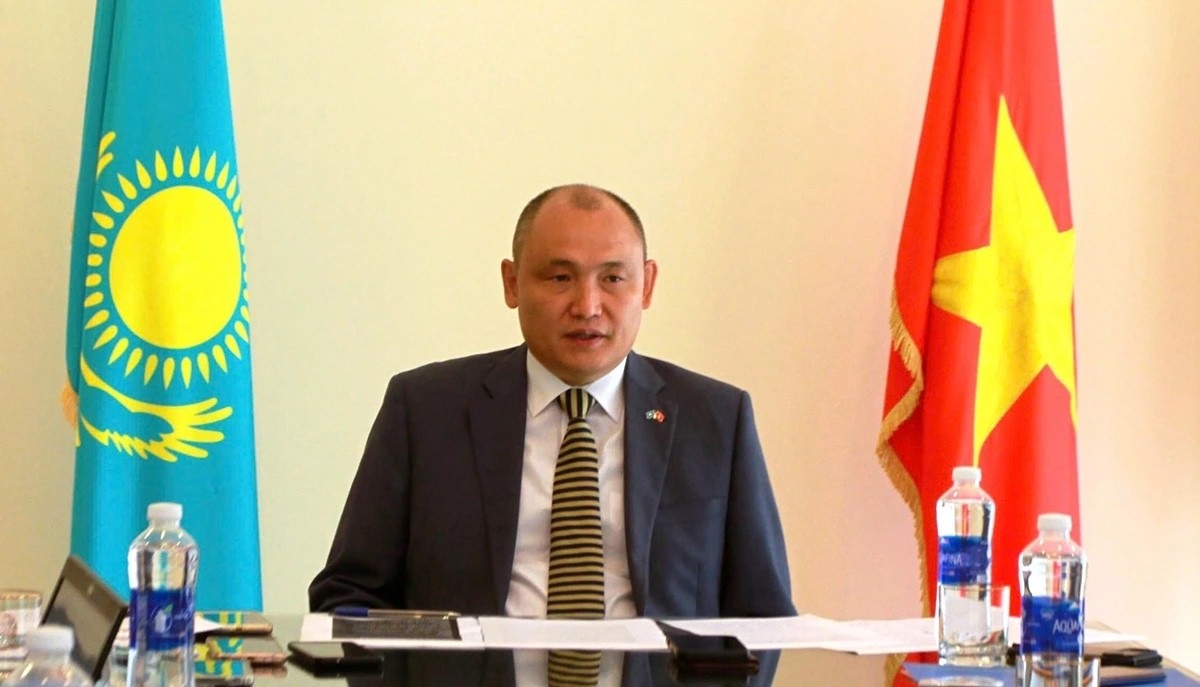 National
National
Vietnam News Today (May 3): Vietnam And Kazakhstan to Elevate Relations to Comprehensive Partnership
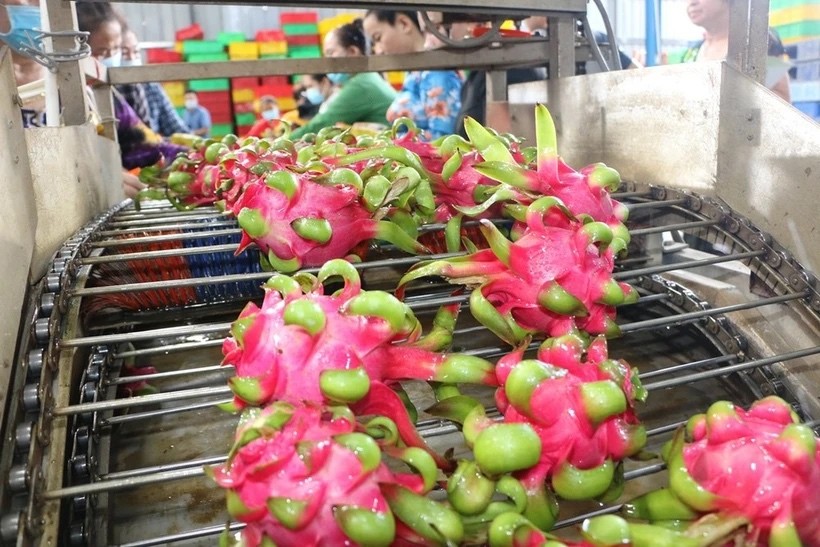 National
National
Vietnam News Today (May 2): Overseas Vietnamese Help Vietnamese Products Go Global
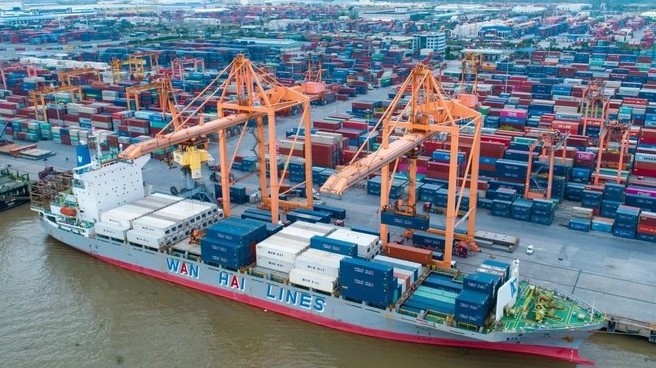 National
National
Vietnam News Today (May 1): Vietnam to Become Second-Largest Economy in Southeast Asia by 2036
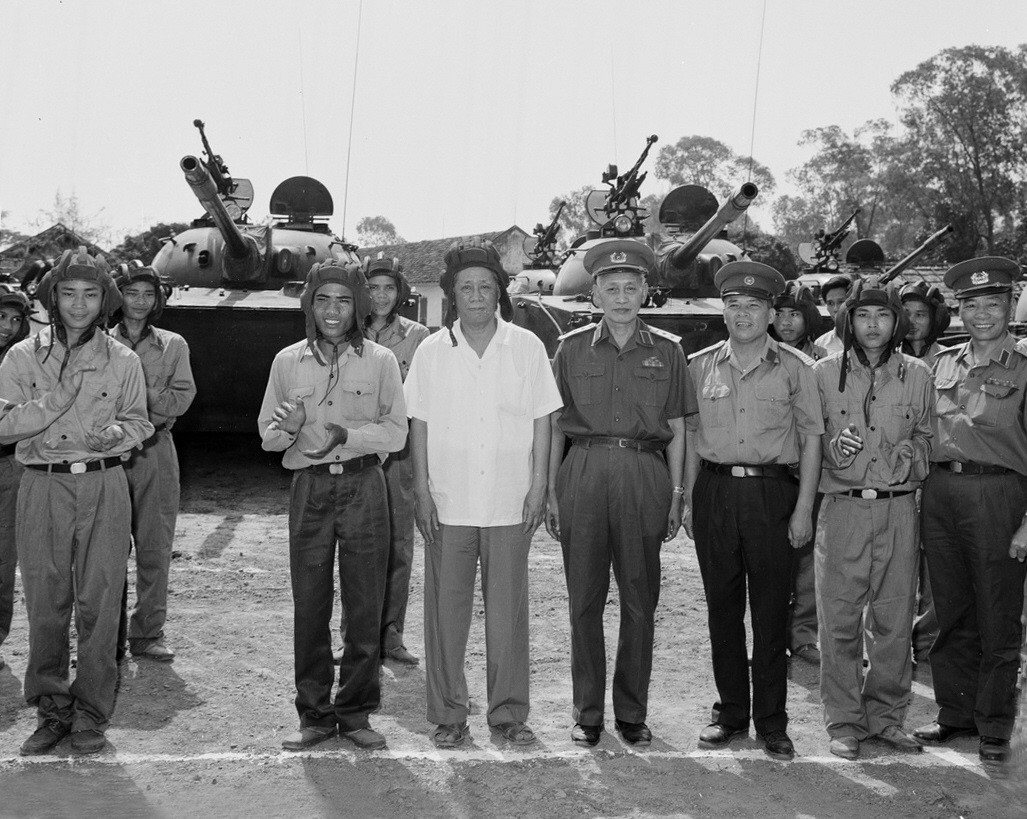 National
National
General Secretary Le Duan: Great Architect of National Reunification
Popular article
 National
National
Vietnam News Today (Apr. 30): Grand Parade Marks 50 Years of Liberation of South and National Reunification
 National
National
Vietnam News Today (Apr. 29): People-to-people Exchange Deepens Vietnam-Cuba Special Friendship
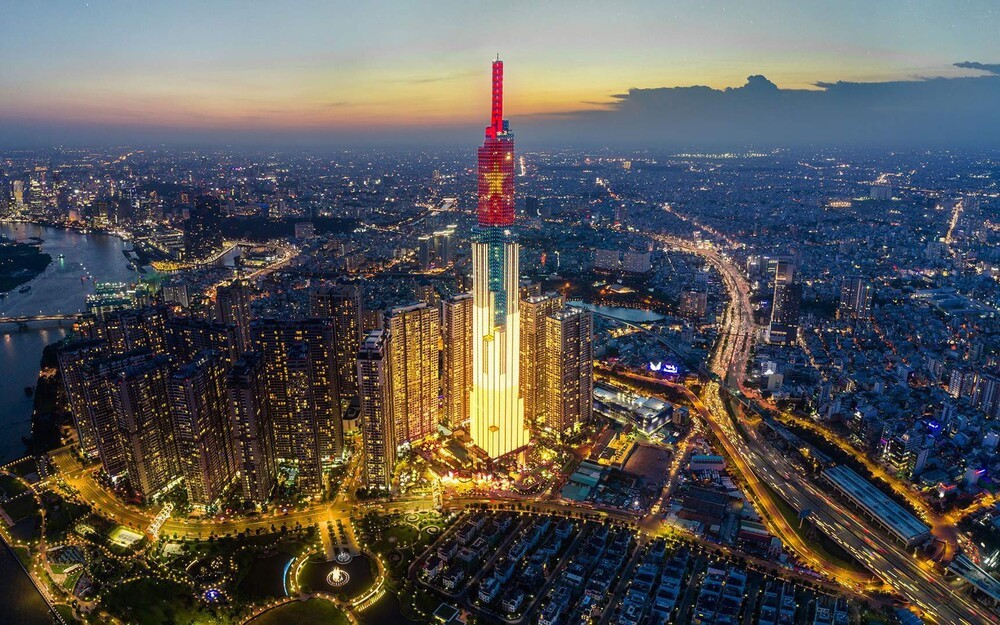 National
National
50 Years of National Reunification: Vietnam’s Spectacular Transformation
 National
National



